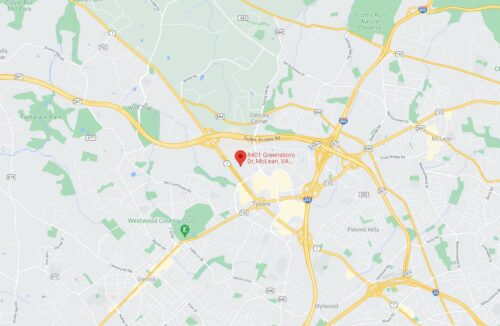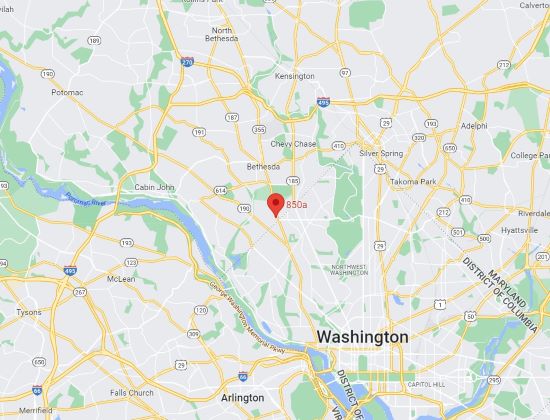
Many people undergo LASIK and experience sharp, crips vision without wearing glasses or contacts. Yet sometimes these patients need to wear contact lenses after they’ve undergone LASIK surgery. This is rare and understand that currently 99% of our patients see 20/20 after just one treatment. If you fall into the 1% that will require secondary enhancement procedure for the vision, it is usually performed quickly and easily. Dr Holzman provide patients a Lifetime Commitment which allows secondary enhancement procedures without additional charge. So, very few of our patients would ever require wearing a contact lens following the procedure! However, you can wear contact lenses after undergoing LASIK since the revision of your corneal shape does not prevent you from putting on contacts. However, there are a few things to consider before just slipping contacts on.
Dr. Andrew Holzman and the team at his Washington, DC eye care center would like to discuss the use of contact lenses after undergoing LASIK. This should cover some of the basics related to the topic.
Isn’t LASIK Supposed to Reduce Dependence on Glasses and Contacts?
Yes, and it does. LASIK is intended to reduce dependence on glasses and contact lenses, but there are rare cases as noted above in which a person may need to wear contacts. The important issue to stress here is that LASIK promotes greater freedom for patients, who no longer have to rely solely on prescription lenses for improved vision.
There are many reasons why LASIK patients may want to wear contacts after they’ve undergone surgery. Some of the most common reasons we’ll address individually below.
Colored Contact Lenses
People may wear colored contact lenses for a variety of reasons. It was Halloween recently, which means some people wore colored contact lenses to complete their costume and get into the spirit of the holiday.
Whether it’s an aesthetic choice, required for an acting/performance-related job, or for some other matter, you can wear colored contacts after LASIK. That said, it’s best to discuss wearing any non-prescription contacts with your LASIK surgeon before putting them on.
Contacts for Presbyopia
As we reach middle age, the natural flexibility of the lens of the eye changes. This leads to age-related farsightedness known as presbyopia. Corrective lenses such as contacts can be used to help address issues with presbyopia and reduced near vision. Monovision LASIK, prescription glasses, and bifocals can also be used to help treat presbyopia.
Contacts for Suboptimal LASIK Results
Sometimes the results of LASIK may be suboptimal and as noted above this is very rare. Less than 1% of our patients fall into this category. This could occur gradually, with patients noticing changes in overall vision quality. Rather than undergoing a touch-up LASIK procedure, some patients may instead opt for contact lenses. This could wind up less expensive in the long run depending on when touch-up work or contacts become necessary.
The Ideal Type of Contact Lenses to Wear After LASIK
Even though you can wear contacts after getting LASIK, certain contact lenses may be more ideal than others. Comfort and vision quality are always the primary concerns when wearing contacts after laser eye surgery.
For most LASIK patients, rigid gas permeable contact lenses and hybrid contact lenses provide the best vision quality and comfort. We can discuss the ideal option for you and aid in the fitting process during a consultation at our practice.
Learn More About Life After LASIK
For more information about LASIK surgery and why it may be the ideal option for you and your needs, be sure to contact a skilled laser eye surgeon. You can reach our office in Washington, DC by phone at (202) 785-2435.



